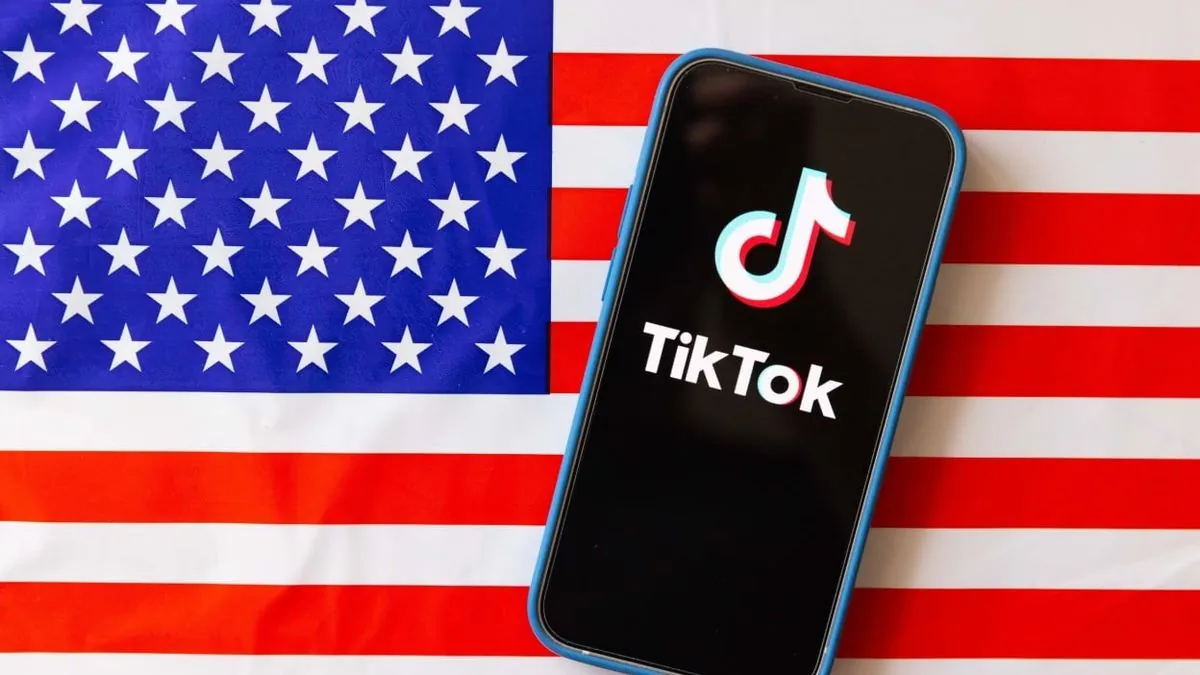TikTok Challenges U.S. Law, Disputes China Ties in Court Appeal
TikTok contests U.S. law requiring ByteDance to sell its assets, refuting DOJ claims about China links. The case, set for September hearing, intertwines with 2024 election dynamics.

TikTok has appealed to a federal court, challenging a U.S. law that mandates the sale of its American assets by ByteDance, its parent company. The social media platform, which boasts over 1 billion monthly active users worldwide, disputes the Department of Justice's assertions regarding its connections to China and potential security risks.
The contentious law, signed by President Joe Biden on April 24, 2023, gives ByteDance until January 19, 2025, to divest TikTok's U.S. operations or face a ban. This legislation has thrust the popular app into the spotlight of national security debates and the upcoming 2024 presidential election.
TikTok contends that its content recommendation engine and user data are stored on Oracle-operated cloud servers within the United States. The company also emphasizes that content moderation decisions affecting U.S. users are made domestically. These claims directly challenge the DOJ's stance that the app poses a threat by potentially allowing the Chinese government to access American data and manipulate content.

The legal battle has intersected with the political sphere, as both Republican and Democratic presidential candidates have engaged with the platform. Donald Trump, despite previous attempts to ban the app during his presidency, joined TikTok in June 2024 and expressed opposition to a ban. Similarly, Vice President Kamala Harris created an account in July 2024 as part of her campaign strategy.
TikTok's legal team argues that the law infringes upon the company's free speech rights. They contest the DOJ's claim that the app's content curation decisions are "the speech of a foreigner" and thus not protected by the U.S. Constitution. The platform draws a parallel to U.S. newspapers republishing foreign content, asserting that such logic would strip constitutional protection from these publications as well.
The case highlights the complex interplay between technology, national security, and constitutional rights. As TikTok has become a significant marketing tool for businesses and a platform for viral trends, its potential ban raises concerns about its impact on the digital landscape and freedom of expression.
The federal appeals court is set to hear oral arguments on September 16, 2024, placing the issue at the forefront of public discourse in the weeks leading up to the November 5 presidential election. This timing underscores the political significance of the case and its potential influence on voter sentiment.
As the legal proceedings unfold, TikTok continues to introduce features addressing safety and privacy concerns. The platform's journey from its launch as Douyin in China to its global popularity has been marked by both innovation and controversy, sparking debates about data privacy and international relations in the digital age.
The outcome of this legal challenge could have far-reaching implications for international technology companies operating in the United States and set precedents for how national security concerns are balanced against free speech and business interests in the digital era.


































